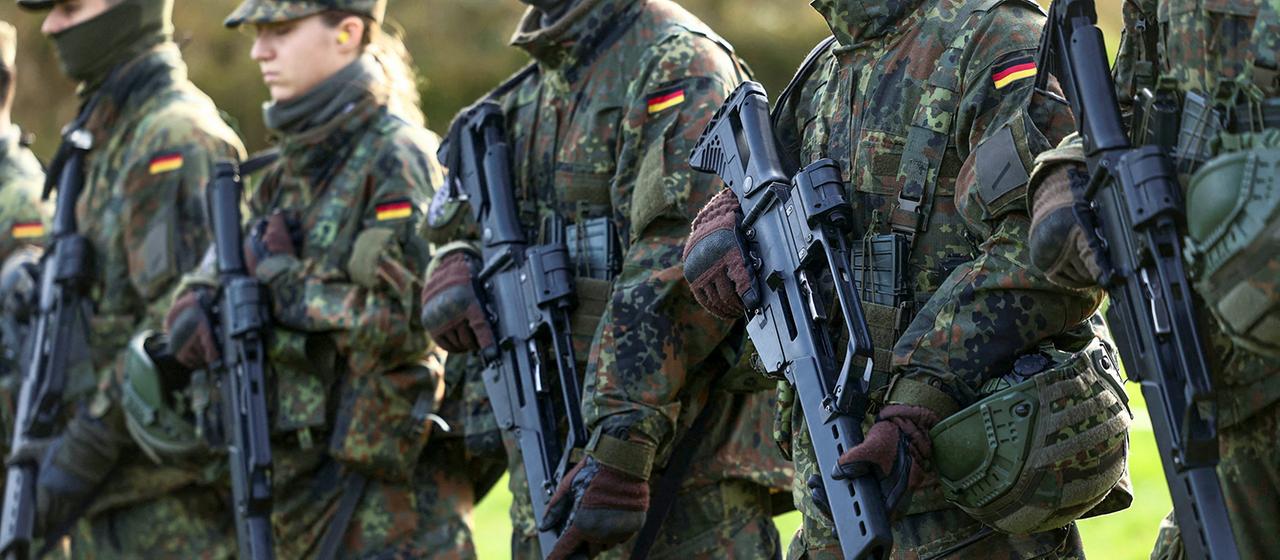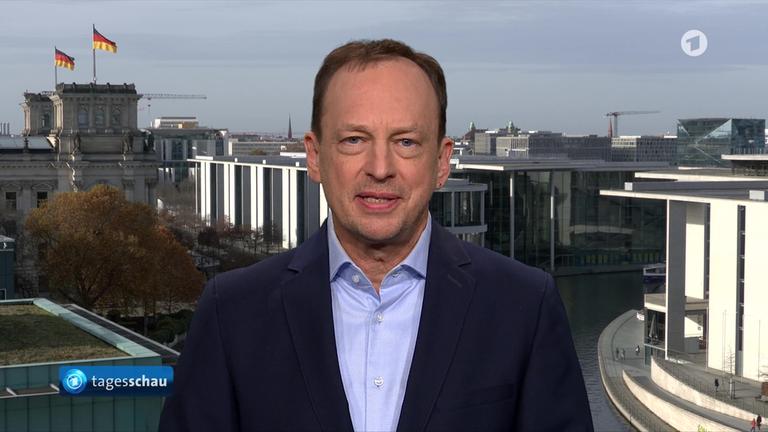
background
The planned law for the new military service is scheduled to come into effect as early as next year. But what will it look like? And for whom will it apply? An overview.
Mandatory conscription
The proposed law aims to reintroduce the so-called military registration. In the future, all 18-year-old women and men will receive a questionnaire in which they indicate whether they wish to perform military service and consider themselves suitable for it. Completing the questionnaire will be mandatory for men.

Likewise, for all men born on or after January 1, 2008, conscription will once again be mandatory. According to the Federal Ministry of Defense, these mandatory conscription examinations are scheduled to begin on July 1, 2027. The examination assesses whether the individual is fit for military service, considering both physical and mental requirements. The examination serves only to determine fitness for military service; it does not yet constitute an obligation.
Principle of voluntariness
The German government aims to increase the size of the Bundeswehr (German Armed Forces) through volunteers. The target is at least 260,000 men and women in the armed forces – an increase of approximately 80,000 personnel. In addition, there are to be 200,000 reservists.
The governing coalition hopes that enough volunteers will sign up for military service to meet this goal. The joint resolution paper from the CDU, CSU, and SPD explicitly states:"Voluntary military service as a special form of civic engagement will be retained."
The coalition wants to make voluntary service more attractive – through a planned salary of around €2,600 gross per month. Those who commit to a minimum of twelve months of service will receive temporary soldier status and can thus receive additional support, such as a subsidy for a car or truck driver's license.
Conscription and lottery procedures
Should insufficient new recruits be found for the Bundeswehr through voluntary service, the proposed legislation allows for the implementation of so-called"demand-based conscription." According to the coalition agreement, this is intended to close potential gaps"between the needs of the armed forces and the actual number of volunteers."
However, it is not activated automatically, but requires a separate legislative decision by the Bundestag. Parliament would have to vote in favor of introducing conscription based on need, provided that the defense policy situation or the personnel situation of the armed forces makes this step necessary.
If the Bundestag clears the way, a random selection process for further conscripts will then be implemented. However, the CDU, CSU, and SPD describe this measure in their joint compromise as an"ultima ratio," meaning a last resort, and emphasize:"There will be no automatic activation of conscription."
Expansion of civilian voluntary services
Alongside the strengthening of the German Armed Forces, civilian volunteer services are also to be expanded. An additional 50 million euros will be provided for this purpose next year, with 80 million euros planned annually from 2027 onwards. This funding will create more than 15,000 new positions, for example in daycare centers, schools, nursing homes, and in climate and disaster relief.
The goal is to have more than 100,000 young people participating in voluntary service each year. The additional funding will also enable organizations to increase the compensation for volunteers.
When will the new law come into effect?
The new law on military service is planned to come into effect at the beginning of next year. It still needs to be passed by the Bundestag. If the Bundestag approves it, the Bundesrat will then debate the law.

